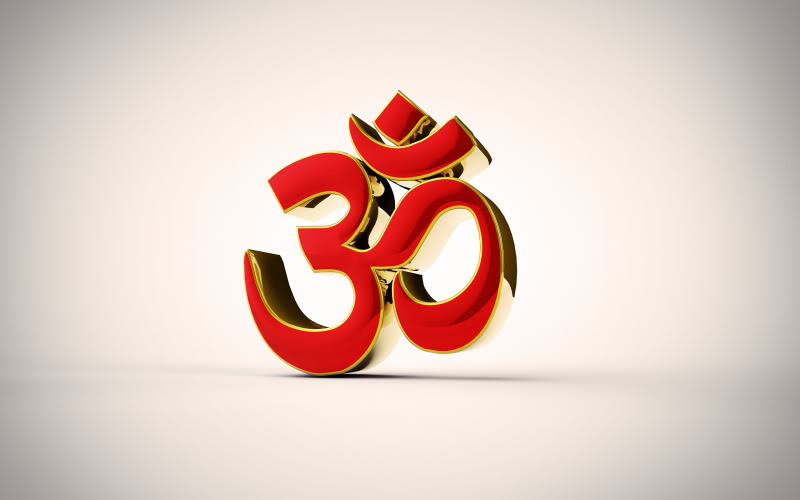Who is a Master? (Part I)
We started the series of lectures under the heading, ‘Eastern Knowledge for the Western Mind’. While analysing the subject matter of this knowledge and its influence on the human personality, we discovered we are talking about a specific knowledge form – Brahma Vidya, meaning knowledge of the limitless. Despite all our efforts, irrespective of them being social, cultural, religious, or whatever, we find we are still tied down, bound and unhappy. The nameless insecurity lurking in us has not left, much less have the floating fears. We continue to be bound and the ageless bondage seems to show no sign of leaving us despite the work done over the years. We discovered that the only way out is to commit to Brahma Vidya which is the definite and valid means of knowledge for freeing oneself.
Later, we analysed whether this is knowledge or pseudo knowledge – a belief system, and arrived at the truth that this is Valid Knowledge – never a belief. This knowledge, which was taught in India maybe 700 or 7000 years ago to free a person from bondage, works here – in the West, in this new millennium as well, and irrespective of nationalities. We also discussed as to ‘who is qualified to gain this knowledge’, and we saw the truth that the sincere and serious alone are qualified. Thereafter in the topic ‘How is one to gain this knowledge?’ we arrived at the means, which happened to be 1) Finding or gaining a Master. 2) Fine-tuning the mind through Sraddha – a healthy frame of mind, devotion, and dedicated effort – yoga. 3) Repeatedly listening, reflection and contemplation over the teaching. This far we saw during our previous sessions and let us continue, from where we left.
The topic for the day is ‘Who is a Master? Part 1’. This question triggers from the urge as to how could one find the right Master. If we could set aside all our emotionalism and try seeking for an answer, we might be able to arrive at the truth, not otherwise. We know that we are seeking or intensively looking for knowledge, but neither for an experience nor certain strange happenings in the form of either an appearance or disappearance. We are also not searching for one with a totally different attire, language or life-style much less for one with totally different interaction patterns. We know that transference of Knowledge has to be through a body of teaching and hence appreciate that the Master is one who is able to teach. Teaching is systematic release of words by a sensible person to another, which though at the outset aims at removal of notions, finally culminates in highlighting the truth of the teaching. To arrive at this truth calls for knowledge and very many miss the bus and get into ‘experience trips’.
In connection with this, there is a beautiful Mantra of which I plan discussing only that part which concerns us. The word Mantra is a Sanskrit word which means a chant, repeatedly contemplating over the meaning of which, one crosses over death. I shall quote the whole Mantra first, though we will be elaborately examining just the last two words.
The Mantra is:
pariksya lokan karmacitan nirvédamayat nastyakrtah krténa tad vijnanartham sa gurumévabhigacchét srotriyam brahmanistham.
This mantra is from an Upanishad called Mundaka Upanishad.
The meaning of the mantra is, ‘having examined all the fields of experience – worlds, an emotionally and intellectually mature person appreciates that he cannot gain liberation through action. Becoming disenchanted and dispassionate, for gaining this knowledge he moves out in search of a Teacher – Master, who is a Srotriya and Brahmanishtha’.
We are right now concerned with just the two words, Srotriya and Brahmanishtha, which I have not translated deliberately. The first word has its root in Sru which means ‘to listen’. So in a sense, Srotriya means a person who has listened to (something), but what he has listened to and other valid questions we have to examine, which we shall do in the next session. The second word is Brahmanishtha which has its root in shtha which means ‘to remain’ and ni the prefix means ‘always’. So, nishtha the word means ‘the one who always or ever remains’. But what and where we have to examine and that we shall continue in the next session.

